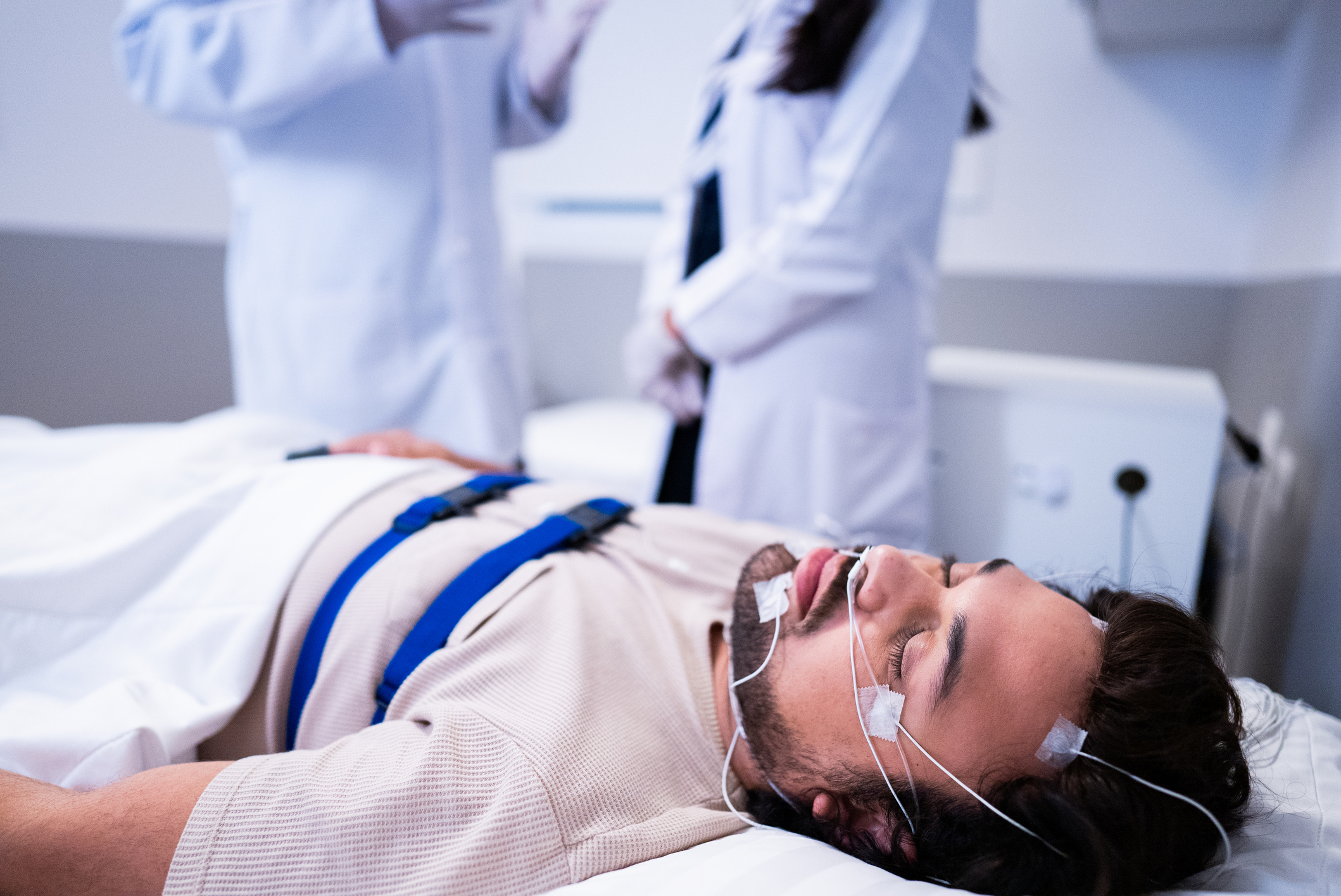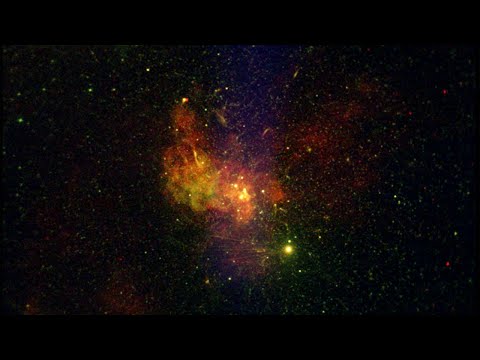You’ve gone to bed at your usual time, skipped that afternoon coffee, and made your bedroom cool, dark, and quiet—just like the experts recommend. But somehow you’re still tossing and turning. Then you notice the silver light spilling through your curtains. It’s a full moon. Could that be what’s keeping you awake?
The challenge of studying the moon and sleep
Untangling the moon’s effects on human sleep isn’t easy. For one thing, people can have strong ideas about how a full moon makes them feel.
“Many people romanticize seeing a full moon, especially special events like harvest or blue moons, so perhaps the effects come from emotions, not physiology,” says Dr. Stephen Carstensen, a consultant in sleep-related breathing disorders.
When people believe they’ll be restless under a full moon, that expectation alone can be enough to keep them awake. Nonetheless, the moon seems to have some very real effects on sleep.
Related Ask Us Anything Stories
Why you get goosebumps when you’re scared—or inspired
Are ‘hot’ workout classes better?
Why does the beach make you so tired?
Should you keep eggs in the fridge? Short answer: Yes.
Can humans spontaneously combust? The baffling cases explained.
In a world without people, how fast would NYC fall apart? Here’s the timeline.
What the science says
In a 2013 study, Swiss researchers analyzed data from an experiment in which participants had no idea their sleep was being studied for lunar effects. Around the full moon, participants experienced a 30 percent drop in deep-sleep brain activity, took five minutes longer to fall asleep, and slept 20 minutes less overall. They also reported worse sleep quality and had lower levels of melatonin, the hormone that your body releases naturally at night to calm your body down and prepare you for sleep.
“We know that light, whether artificial or natural, can have a suppressant effect on melatonin, so it is plausible that moonlight could have a natural wake promoting effect,” says Dr. Alex Dimitriu, a psychiatrist and sleep medicine specialist, and founder of Menlo Park Psychiatry and Sleep Medicine.
A second Swiss study of 47 healthy adults found similar results: Participants slept 25 minutes less around the full moon. Interestingly, men seemed more affected than women—sleeping about 50 minutes less overall. The researchers also noticed that participants took 30 minutes longer to reach the REM sleep phase (i.e. the dream stage of sleep).
A later study only added to the confusion. Research carried out in Hungary found that women experienced more sleep disruptions than men during the full moon.

All these studies share one major limitation: They were conducted in sleep laboratories, where the unfamiliar setting can interfere with how well people sleep.
A real-world study
To get around that problem, scientists at the University of Washington took their study into the real world. They tracked the sleep of people in three Argentinian communities: one on the outskirts of a city, one in a rural village with limited electricity, and another in a remote area with no electricity at all. The team also analyzed data from 464 university students in Seattle. All participants wore a wristwatch that monitored their sleep for up to two months.
Across all locations—and regardless of access to artificial light—participants slept less and took longer to fall asleep in the nights leading up to a full moon. The researchers think this may reflect an ancient adaptation: When the moon was brightest, our ancestors likely stayed up later to hunt, socialize, or work by natural light.
The sleep changes were most pronounced in communities with little or no access to electricity, where moonlight remained the main source of nighttime illumination. In contrast, in urban societies, artificial light probably has a far greater impact on sleep than the moon itself, says Carstensen.
Dimitriu agrees. “The ability of the moon to decrease total sleep time, by up to one hour, is quite profound. If a full moon can have that big an effect, the effect of a bright screen, right in your face, may be even greater.”
This story is part of Popular Science’s Ask Us Anything series, where we answer your most outlandish, mind-burning questions, from the ordinary to the off-the-wall. Have something you’ve always wanted to know? Ask us.






